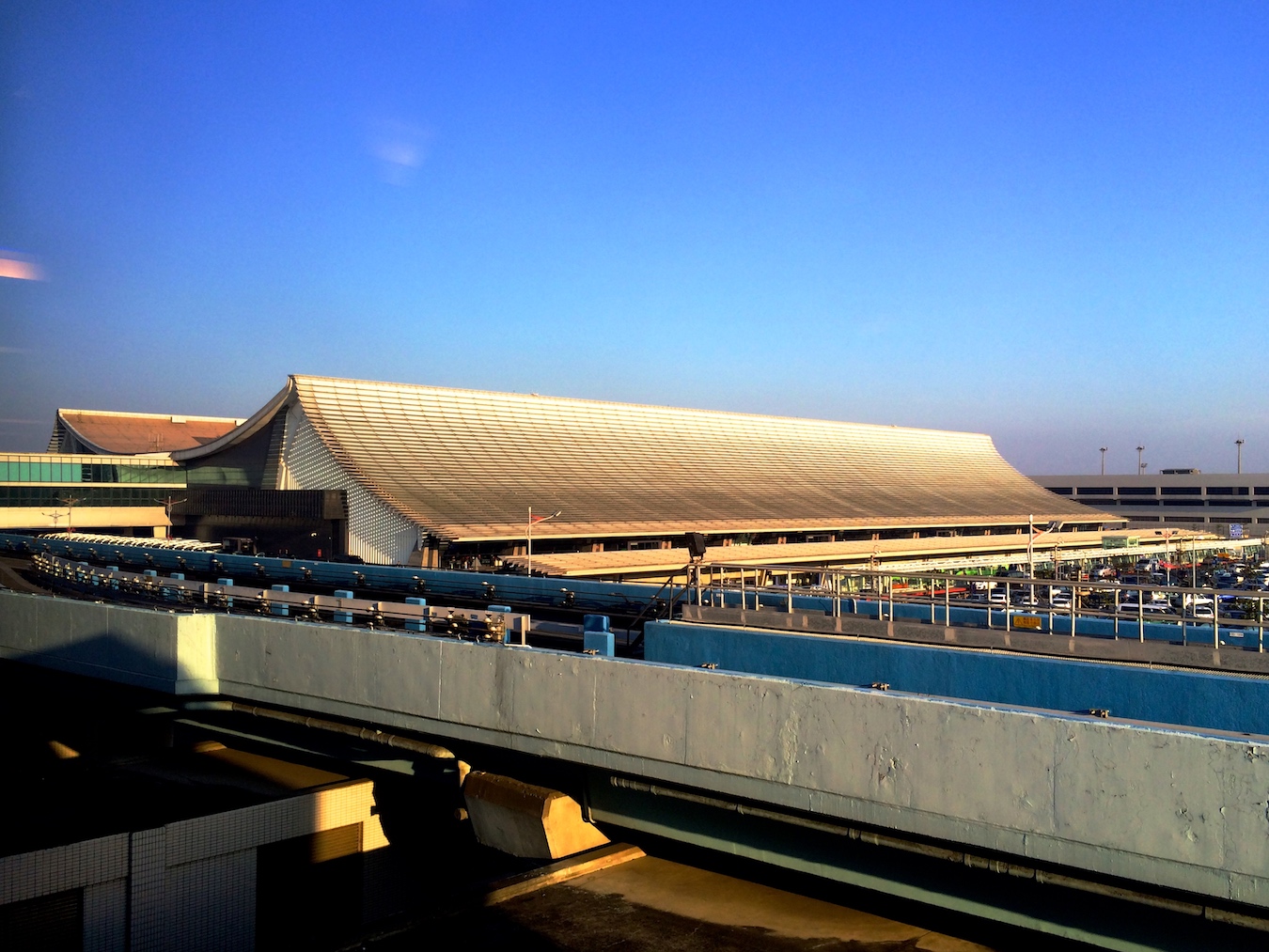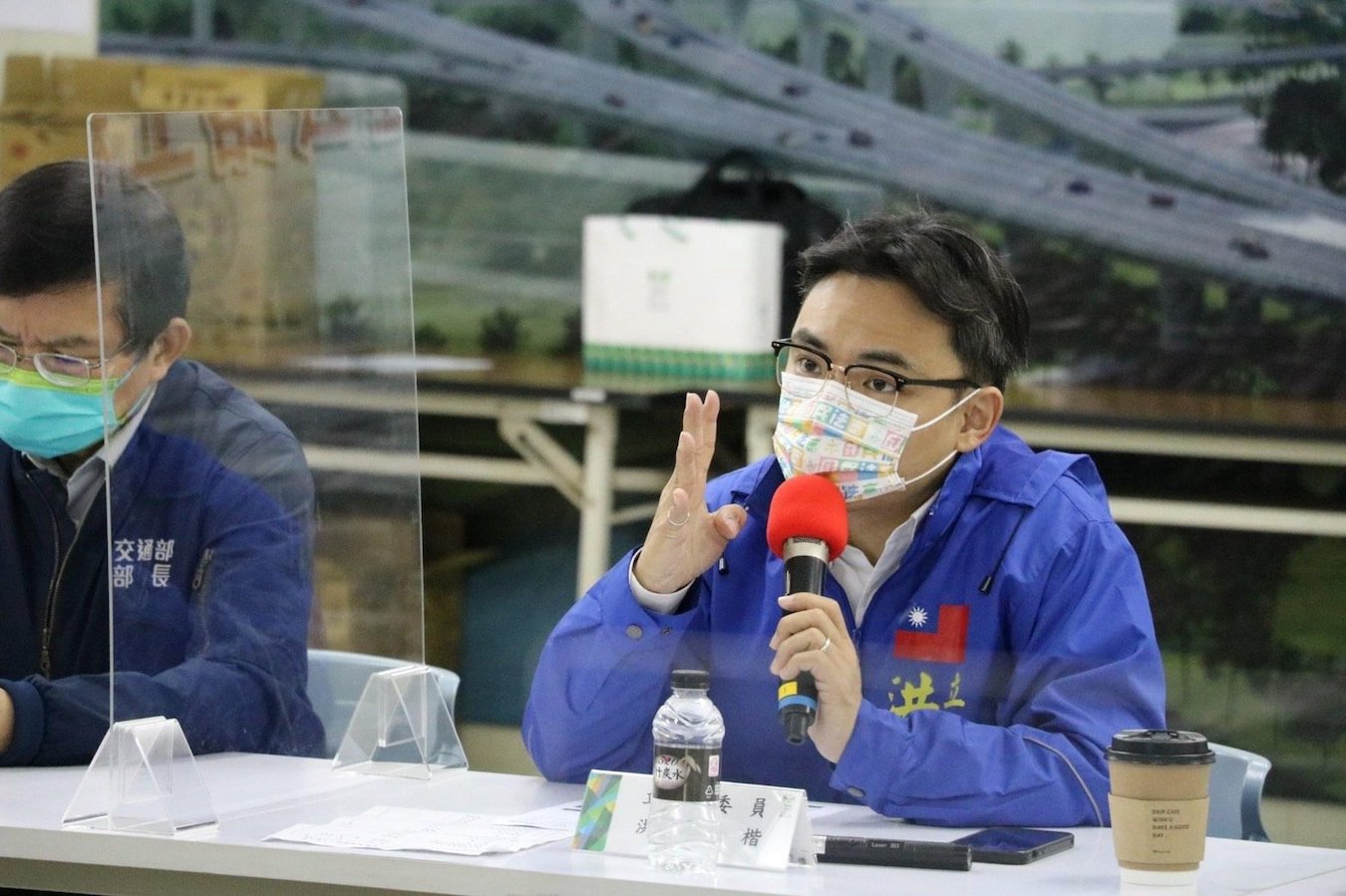by Brian Hioe
語言:
English
Photo Credit: Kiensvay/WikiCommons/CC
EFFORTS TO ASSIST Taiwanese human trafficking victims in Cambodia have become contested between the KMT and the DPP as of late, in a timeframe shortly before elections.
It is unclear how many Taiwanese human trafficking victims there are in Cambodia. Early counts in news reporting, as well as statistics from police, suggested that there could be thousands of Taiwanese trapped in Cambodia.
It is thought that trafficking victims were lured to Cambodia by the promise of high-paying jobs, given poor salaries in Taiwan. But instead, they were detained, with their freedom of movement restricted. Many of the victims are young people, some of which are highly educated, though other reports suggest that trafficking operations mainly target blue-collar young people.
 Photo credit: KCS/WikiCommons/CC BY-SA 4.0
Photo credit: KCS/WikiCommons/CC BY-SA 4.0
Victims report having their passports confiscated, being beaten, shocked, and sexually assaulted. Some victims were injured in the course of escapes and reports suggest possibly one death so far. Most victims are thought to have been forced to work in telecom fraud, with a small minority of victims being sexually trafficked.
Current statements from the government suggest that there are 373 Taiwanese victims of human trafficking in Cambodia, forty of which have since returned to Taiwan. Difficulties in assessing the number of victims are due to the fact that some individuals may have been smuggled over the border to Cambodia from third countries, such as Thailand, as a result of which they do not appear in the official numbers of Taiwanese that traveled to Cambodia.
Nevertheless, as with so many issues in Taiwan, there does not appear to be any means for the pan-Blue and pan-Green camps to cooperate on the issue, with the issue instead becoming fodder for partisan attacks.
Criticisms of the Tsai administration by KMT politicians include alleging that the Tsai administration has focused efforts not on locating victims, but on preventing Taiwanese from traveling to Cambodia. Likewise, three KMT legislators, Wu Sz-huai, Hung Meng-kai, Cheng Cheng-chien recently traveled to Cambodia to assist Taiwanese victims, while lashing out what they criticized as lack of action by the Tsai administration, and stating that the Tsai administration was putting the blame on the victims and would-be-rescuers. The three legislators argued with police upon returning to Taiwan, with police wanting to question the victim they brought back with them.
Other criticisms from the KMT were with regards to a YouTuber, Hao-pang Bump, who claimed that Taiwanese representative offices had refused to help a Taiwanese human trafficking victim in Dubai. The Ministry of Foreign Affairs denied this, though it later thanked Bump for his efforts to draw attention to the issue, leading to criticisms from the KMT against the Tsai administration that it was blaming individuals who were only trying to help.
A member of the Bamboo Union gang was arrested in connection to the trafficking cases. Chang An-le of the pan-Blue Chinese Unification Promotion Party, thought to be a former leader in the Bamboo Union gang, has been critical of the actions of this member in public comments.
For its part, Tsai administration politicians such as Premier Su Tseng-chang have called on the KMT and pan-Blue to not make a show of the trafficking victims, so as to attack the Tsai administration. Minister of Foreign Affairs Joseph Wu also compared Chinese efforts to co-opt Taiwanese through the Belt and Road Initiative to human trafficking in Cambodia, though these comments were also criticized by the KMT.
It is believed that cooperation between Cambodian authorities and Taiwanese law enforcement is complicated not only by the lack of diplomatic recognition between Taiwan and Cambodia, but Cambodia’s close relations with the Chinese government. Indeed, in past years, there has been controversy regarding cases of Taiwanese perpetrators of telecom fraud being deported to China, rather than Taiwan, given the ties between China and Southeast Asian countries where such acts of telecom fraud are carried out.
 Hung Meng-kai of the KMT. Photo credit: Hung Meng-kai/Facebook
Hung Meng-kai of the KMT. Photo credit: Hung Meng-kai/Facebook
Likewise, one notes that one of the kidnapped Hong Kong Causeway Bay booksellers, Gui Minhai, was kidnapped from within Thailand. This is unlikely to have taken place without cooperation from Thai authorities. Reportedly, when the manager of the estate where Gui was living called the last number that had contacted her about him, she was told by a taxi driver that four men who had left the phone in his cab had wanted to cross the border to Cambodia.
Indeed, the Chinese government has also sought to politicize the issue, with its embassy in Cambodia offering to assist Taiwanese. This is not the first time that in the event of a natural disaster or other forms of crisis, Chinese embassies have offered to assist Taiwanese, as a way of depicting Taiwanese representative offices as unable to provide for Taiwanese nationals–or that disinformation to that effect has been circulated. One of the notable cases in point led to the suicide of Taiwanese diplomat Su Chii-cherng in Japan, after it was claimed that Taiwan’s representative in Osaka did little to help Taiwanese affected by a typhoon but that China’s embassy did. However, this was later accused of being pan-Green disinformation aimed at throwing Su under the bus to cover for representative to Japan Frank Hsieh.
Either way, it would not be surprising that during a period of high tensions with China, the Chinese government seeks to take advantage of Taiwanese human trafficking victims for its own ends. It is also possible that the Chinese government will try to benefit the KMT with its actions, or that the KMT stages actions in collaboration with Chinese authorities. The KMT is expected to try and make the issue a major one before elections, so as to attack the Tsai administration’s record.

